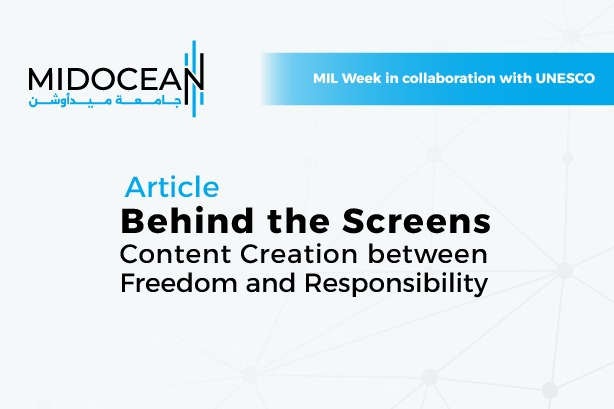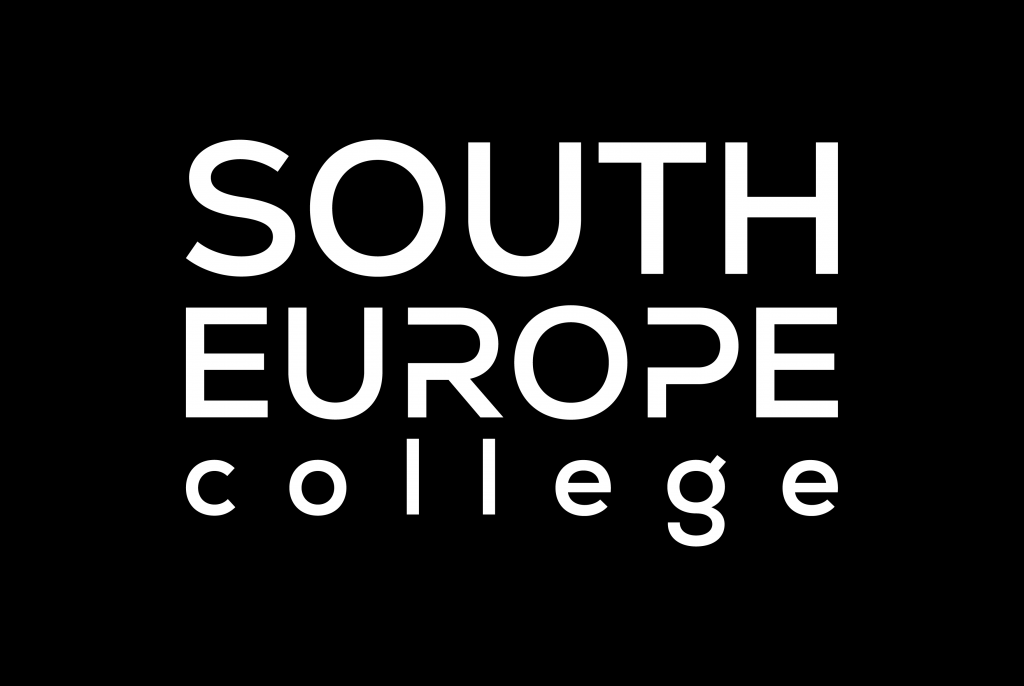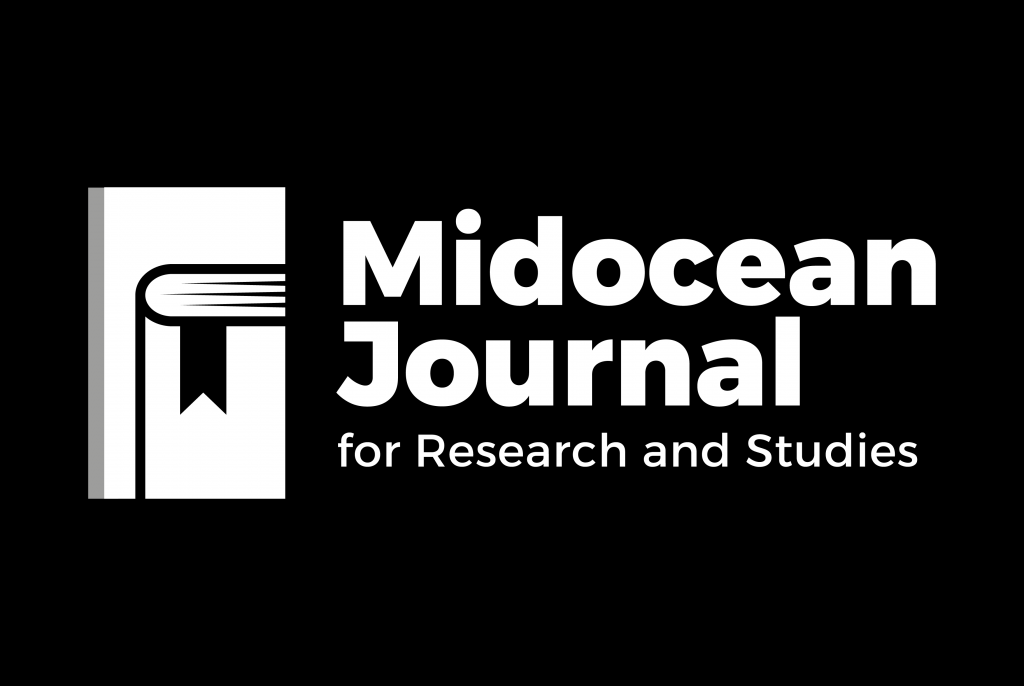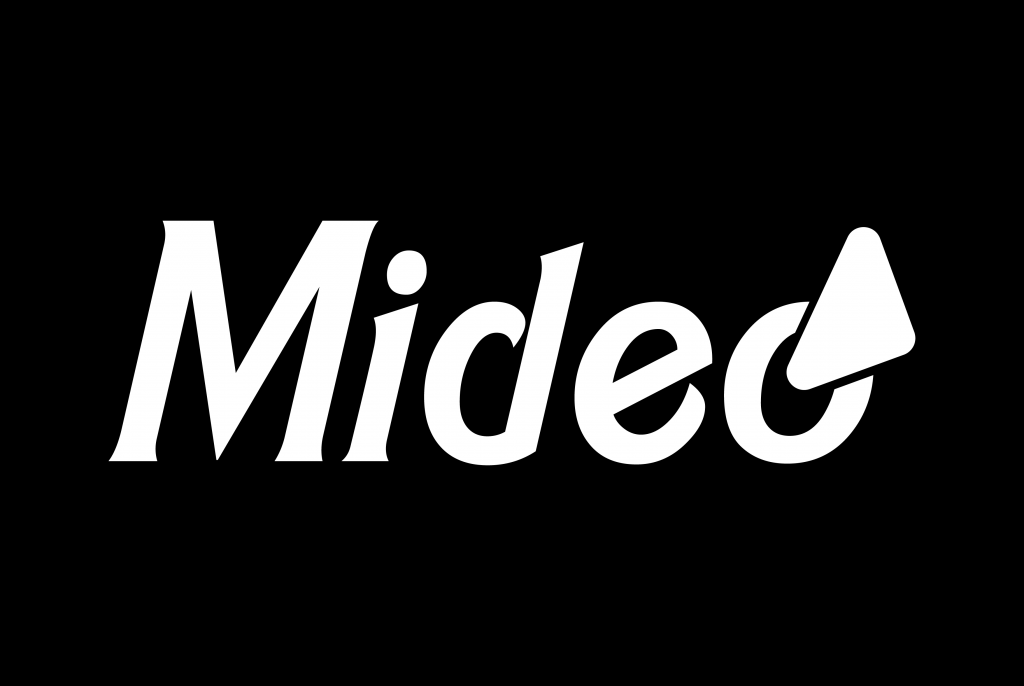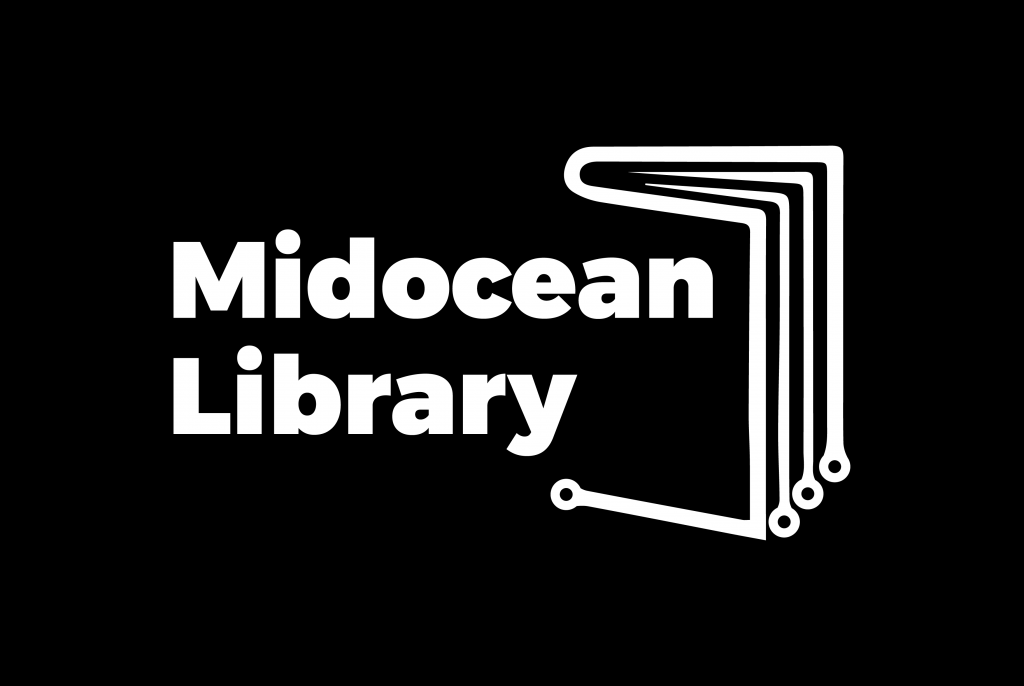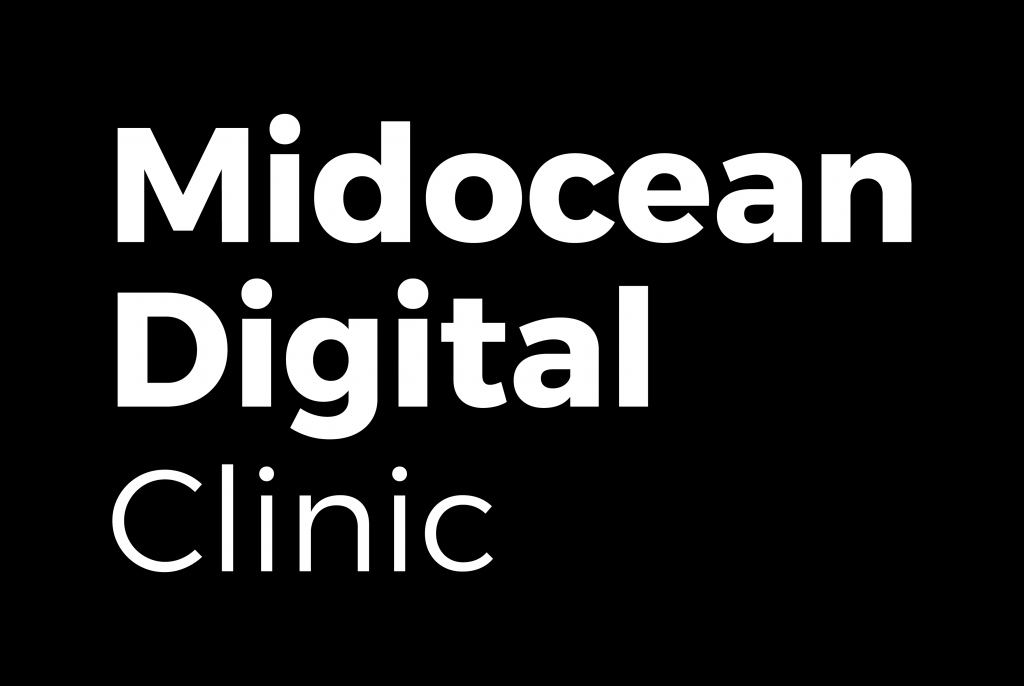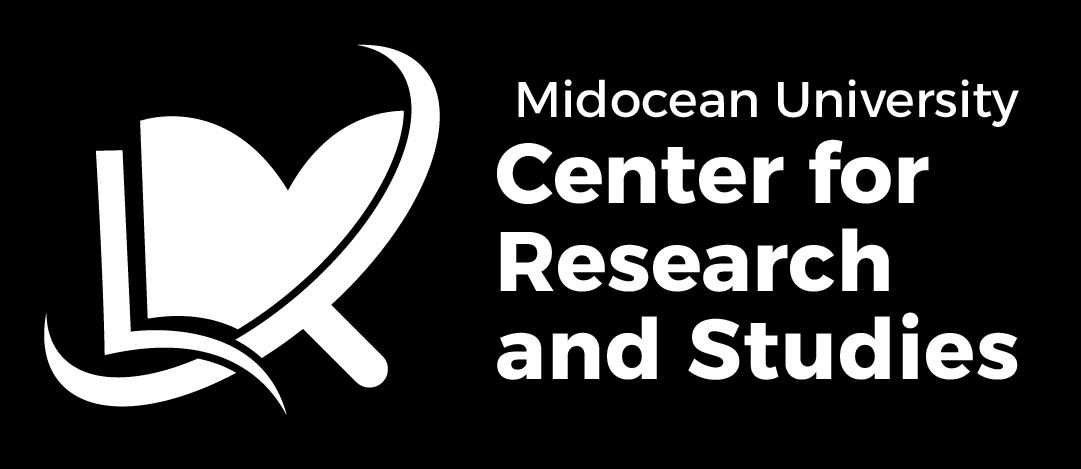Behind the Screens: Content Creation between Freedom and Responsibility
In a world closer than ever before, where distances disappear and every voice can be heard, online freedom is no longer just a right but an ethical responsibility A digital content creator is someone who produces engaging, consistent content that influences a specific audience, where true value lies in the depth of impact rather than the breadth of reach. These individuals represent the generation of the digital age, transforming information into tools for social and cultural communication and influence, while building a meaningful and sustainable digital presence. As their role grows, balancing freedom of expression with ethical responsibility becomes essential to ensure that this freedom is used consciously—without chaos or misinformation.
According to a UNESCO report released for the Global Media and Information Literacy Week, titled “Behind the Screens: Insights from the World of Digital Content Creators,” content creators have emerged as some of the most influential voices in shaping public awareness and opinion.
Content Creators’ Role and Digital Challenges
As creators’ digital influence grows, key questions emerge about ethical responsibility, accuracy of information, and the limits of free expression. Creators operate in an environment governed by algorithms and fueled by competition for attention. While social platforms provide vast opportunities to reach audiences, they also exert hidden pressures on creators to produce content that triggers emotions rather than enriches the mind.
UNESCO data shows that around 32% of content creators have faced hate speech on their platforms, while 67% confirmed that platforms provide clear content guidelines. Yet, algorithms often favor emotionally charged content over reliable information, making digital success tied more to likes and views than credibility or intellectual value, pushing some creators to chase trends, even if superficial.
Sources and Verification
Content creators rely mainly on personal experiences, self-directed research, and expert interviews as sources for information, while traditional media and government sources are less used. Although most participants recognize the importance of verifying information before publishing, the fast pace and pressure to post often lead to sharing inaccurate or misleading information. According to the report, over half of participants do not always fully check or evaluate their sources, increasing the risk of spreading misinformation.
Legal and Ethical Standards
The study shows that 41.2% of creators are aware of Article 19 of the Universal Declaration of Human Rights regarding freedom of expression, though their understanding of related rights is limited. Only one-third have comprehensive knowledge of laws related to freedom of expression, copyright, and defamation, while 32.4% have partial knowledge, and the rest have none. This highlights a gap in legal awareness among content creators, making continuous training essential.
Ethical Dilemmas
Creators face recurring ethical challenges, especially when addressing sensitive topics like religion, politics, and identity issues. While some believe freedom of expression should be absolute, others argue it must be balanced to protect individuals and communities from hate speech. This reflects the nature of the digital age, which gives everyone a voice but does not always give them the awareness to use it responsibly.
Commercial pressures also pose major challenges, as some creators are asked to promote products they do not actually use, affecting their credibility. Many also face psychological and social pressures due to the digital environment filled with bullying and threats, especially women and minorities, which can lead to self-censorship and reduced diversity in free voices.
Content Types and Platforms
The most common content focuses on fashion and beauty, travel and food, entertainment, comedy, and shopping. The most used platforms include Instagram, Facebook, TikTok, and YouTube. Many creators use a mix of videos, reviews, vlogs, and visual presentations. While this variety allows wide audience reach, it also challenges maintaining credibility and professional quality.
Training and Resources
More than half of the report participants are aware of media and information literacy training programs, but participation is limited. Reasons for low participation include being busy, perceiving the programs as ineffective, or finding the content unsuitable. This highlights the urgent need for flexible, practical programs tailored to creators’ needs in their digital environments.
Social Impact and Positivity
Despite the challenges, there is a bright side: creators use their platforms to raise awareness on humanitarian, health, and environmental issues and to build empathetic, connected communities. The report shows that honest, knowledge-based content can leave a real impact without needing to trigger negative emotions.
Create with feeling, inspire with awareness… the world needs those who illuminate the screen with meaning
In the age of rapid information and growing digital voices, a content creator acts as a researcher in the knowledge space, the digital content creator becomes akin to a researcher in the knowledge space, shaping audience awareness and guiding how they understand the world. Therefore, it is crucial to promote media and information literacy among both content creators and the audience, develop accessible tools for fact-checking and source verification, and raise awareness of laws and ethical standards related to freedom of expression and copyright. Additionally, transparency in platform algorithms is a cornerstone to ensure a balance between freedom of expression and protecting the audience from misinformation and harmful content.
Today’s digital content creators are not merely conveyors of information; they are digital scholars who generate knowledge. Investing in their ethical and professional awareness is an investment in a more conscious and humane future, where freedom is used to build truth rather than distort it, and to create positive impact based on knowledge rather than emotion or controversy.
In this context, Midocean University believes that content creation today relies not only on creativity but also on awareness and responsibility. The digital world is evolving rapidly, and content creators have become influential in shaping societal thinking and trends.
From this perspective, the university prepares its students to navigate this reality with awareness and critical thinking, through programs that combine flexible education with practical content in media, management, technology, and entrepreneurship.
Our goal is to graduate a generation that thinks, analyzes, and makes a difference intelligently and responsibly—not just consuming content but actively participating in the creation and guidance of knowledge for the benefit of their communities.
Ultimately, freedom and creativity remain core values, but they are only complete when guided by awareness and grounded in a sense of responsibility.
